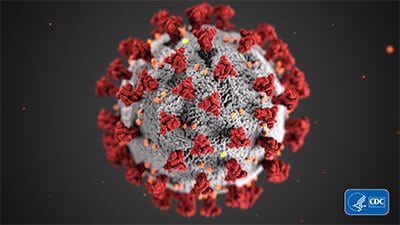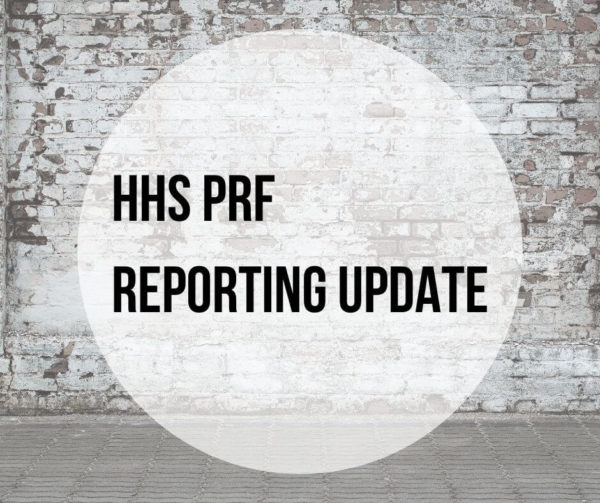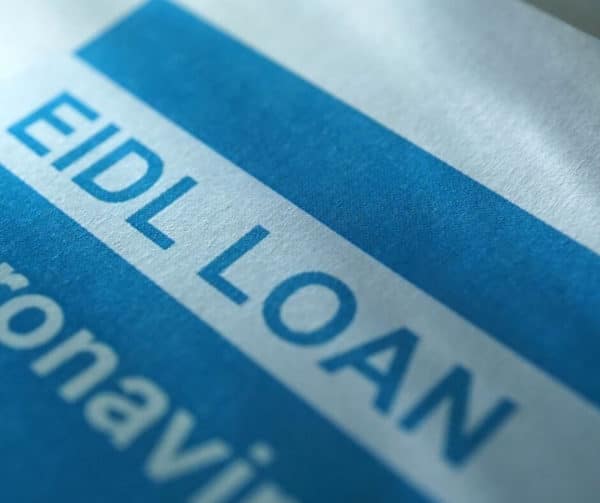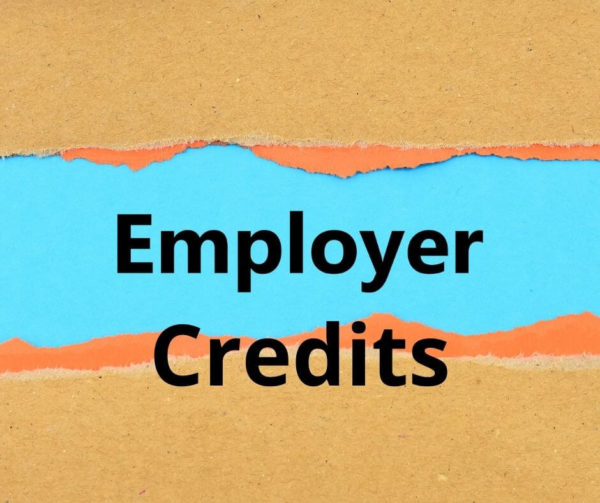This is a news alert we just received. It is unconfirmed and unedited. The most important aspects as it relates to your practice are in bold and italicized. Please note the important caveat about retaining your payroll level for the period 3/1/20-6/30/20. Practices that have already dismissed their employees will not have the required retained payroll level. For those that have made this change recently you may be able to reverse that decision in light of this coming legislation, in an effort to return your payroll to its normal level. This is the main reason we are advising our practices at the moment to continue to keep their employees on staff for a few more days until this is finalized. We want you to be able to take advantage of these funds and allow your staff to receive a higher wage during the closures than they would receive on unemployment, essentially at no cost to you. If you have worked with many of our team members here at E&A you know how great they are and because of that, they are invaluable to us. We are sure your team is invaluable to you, as well and we want to help you make sure they’re taken care of.
We do not know how the final provisions will play out—whether in line with the information below or not. But this is consistent with other reports we are hearing and this is the most clear and succinct summary we’ve seen. Please pray that our leaders in the house and senate can put their politics aside and focus on the good of the people and small businesses that support this country. Thank you again for our friends and colleagues in the ADCPA (www.adcpa.org ) for the knowledge sharing.
A second SBA loan relief program is currently being considered by Congress. The United States Senate is attempting to finalize the Keeping Workers Paid and Employed Act (“KWPEA”) which is Division A of the Coronavirus Aid, Relief, and Economic Security Act (“CARES”) to aid small businesses through an expansion of SBA 7(a) loans. The program is intended to incentivize small businesses to retain employees by making a portion of the loans forgivable. This proposal would be retroactive to March 1, 2020, to help bring workers who may have already been laid off back onto payrolls.
The proposal allocates $300 billion to fund these SBA 7(a) loans. Eligible businesses will be those businesses with 500 employees or fewer, unless the covered industry’s SBA size standard allows over 500 employees. View size standards here. Not for-profit entities will also be eligible. Under the proposal, if the small business retains its employees and payroll levels during the covered period (March 1, 2020, through June 30, 2020), the portion of the loan used to cover payroll and payments on pre-existing debt would be forgiven. Further, employers with tipped employees would receive forgiveness for additional wages paid to such employees during the covered time. The amount of the loan will be tied to a monthly payroll; mortgage, rent, and utility payments; and other debt obligations over the previous year. The maximum loan amount would be $10 million. The allowable uses of 7(a) loans will be expanded to include payroll support, such as paid sick or medical leave, employee salaries, mortgage payments, and any other debt obligations. The proposal also waives borrower and lender guarantee fees. It is also contemplated that that the SBA Express working capital loans will be increased from $350,000 to $1 million through December 31, 2020, after which point the Express loan will be in the maximum amount of $500,000.
This proposed program does not allow a borrower who receives this loan for employee salaries, payroll support, mortgage payments, and other debt obligations to receive an SBA Economic Injury Disaster Loan (“EID Loan”), for the same purpose, or commingle funds from another loan for the same purpose.
SBA 7(a) loans are currently made by approximately 1,800 banks, credit unions and other lending institutions nationally. This large network should expedite the processing of these 7(a) relief loans. To encourage lending institutions to make these loans, the government guarantee of 7(a) loans will be increased to 100% through December 31, 2020, at which point guarantee percentages will return to 75% for loans exceeding $150,000 and 85% for loans equal to or less than $150,000.
It is likely that what is being proposed will be modified prior to approval. As more information becomes available, this alert will be updated.




